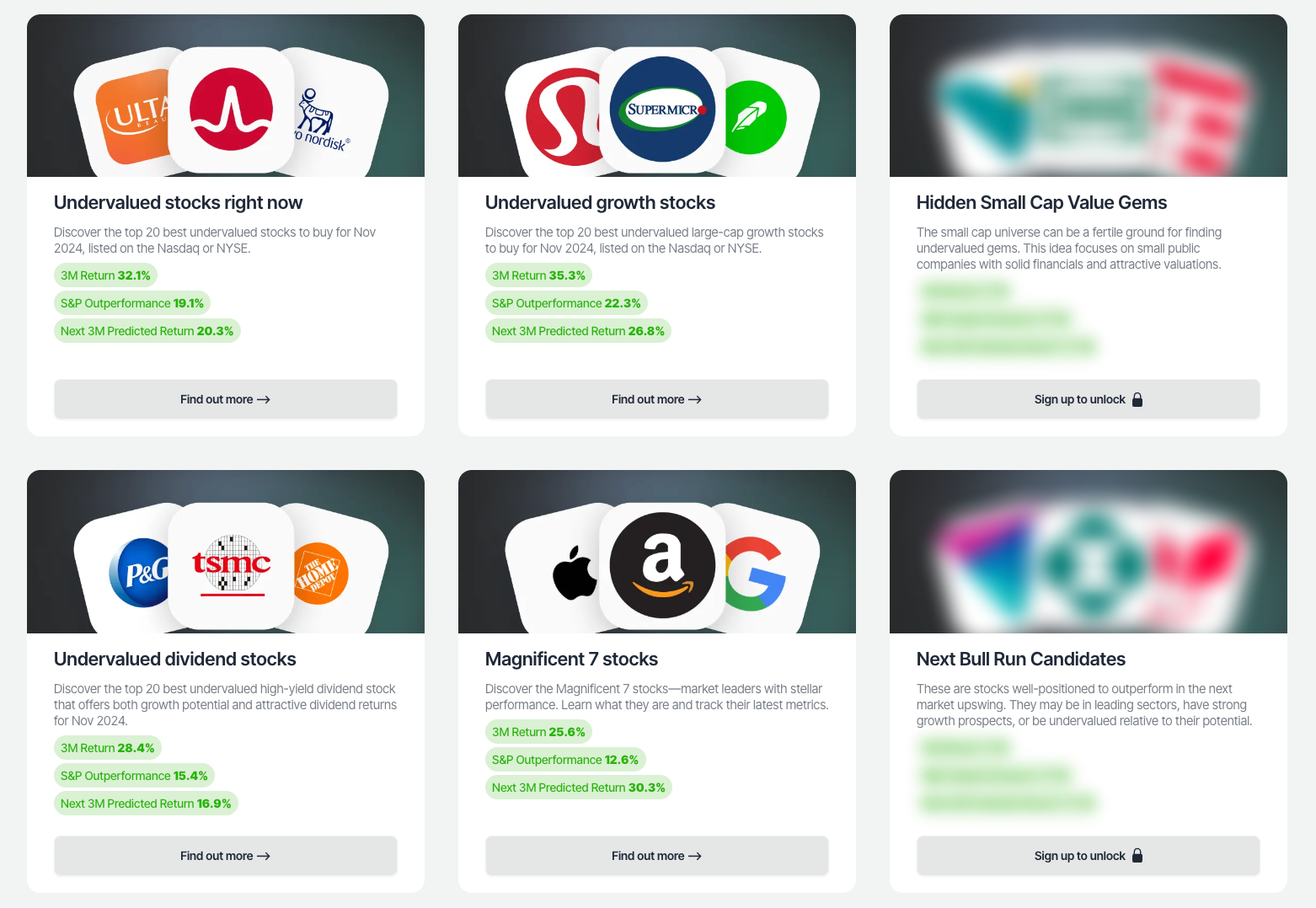Debt Repayment
Welcome to the Value Sense Blog, your resource for insights on the stock market! At Value Sense, we focus on intrinsic value tools and offer stock ideas with undervalued companies. Dive into our research products and learn more about our unique approach at valuesense.io.
Explore diverse stock ideas covering technology, healthcare, and commodities sectors. Our insights are crafted to help investors spot opportunities in undervalued growth stocks, enhancing potential returns. Visit us to see evaluations and in-depth market research.
What is Debt Repayment?
Debt Repayment refers to the cash outflow a company uses to pay down its outstanding debt. It is a critical component of a company’s cash flow from financing activities.
How do you interpret Debt Repayment?
Debt Repayment shows the company’s efforts to reduce leverage, improving financial stability but potentially limiting cash available for other investments.
How to Calculate Debt Repayment?
Debt repayment is calculated based on the terms of the debt agreement, typically involving both principal and interest. For amortizing loans, payments are made periodically, reducing the principal over time. In bullet bonds, the principal is paid back in full at the end of the loan period, while interest is paid periodically.
Payment= r×P/ 1−(1+r) −n
where - r: interest rate per period - P: loan principal - n: total number of payments.
Why is Debt Repayment important?
Debt repayment is critical for maintaining financial health and reducing leverage. It allows companies to manage interest expenses and avoid penalties or default. Consistent repayment improves access to future borrowing at favorable rates.
How does Debt Repayment benefit investors?
Timely debt repayment reassures investors of the company's financial stability and reduces default risk. It also frees up capital for reinvestment into growth initiatives, improving long-term shareholder value.
Using Debt Repayment to Evaluate Stock Performance
Investors monitor debt repayment as it impacts a company’s cash flow and financial flexibility. A company that efficiently manages debt repayment is typically more stable and can reinvest profits into growth, which may enhance stock performance.
FAQ about Debt Repayment
What is a Good Debt Repayment?
A good debt repayment schedule allows a company to manage its cash flow effectively while reducing debt over time. Companies with a stable income stream and a conservative debt repayment strategy are generally seen more favorably by investors.
What Is the Difference Between Metric 1 and Metric 2?
Debt Repayment involves paying off existing debt obligations, while Debt Refinancing replaces existing debt with new debt, often to take advantage of lower interest rates or better terms.
Is it bad to have a negative Debt Repayment?
Late debt repayment can negatively impact a company’s credit rating, increase borrowing costs, and reduce investor confidence. It may also lead to penalties or defaults.
What Causes Debt Repayment to Increase?
Debt repayment may increase due to rising interest rates, shorter loan terms, or refinancing agreements that require higher payments.
What are the Limitations of Debt Repayment?
Large, frequent debt repayments can strain a company’s cash flow, reducing available capital for operations or investment. Excessive focus on repayment may limit growth opportunities.
When should I not use Debt Repayment?
A company should avoid aggressive debt repayment if it negatively impacts operational cash flow or hinders necessary investments. Maintaining a balance between debt repayment and business growth is critical.
How does Debt Repayment compare across industries?
Capital-intensive industries, such as utilities or manufacturing, often have higher debt levels and may take longer to repay debt. Conversely, service industries may carry less debt and have shorter repayment schedules.
Explore More Investment Opportunities

For investors seeking undervalued companies with high fundamental quality, our analytics team provides curated stock lists:
📌 50 Undervalued Stocks (Best overall value plays for 2025)
📌 50 Undervalued Dividend Stocks (For income-focused investors)
📌 50 Undervalued Growth Stocks (High-growth potential with strong fundamentals)
🔍 Check out these stocks on the Value Sense platform for free!
